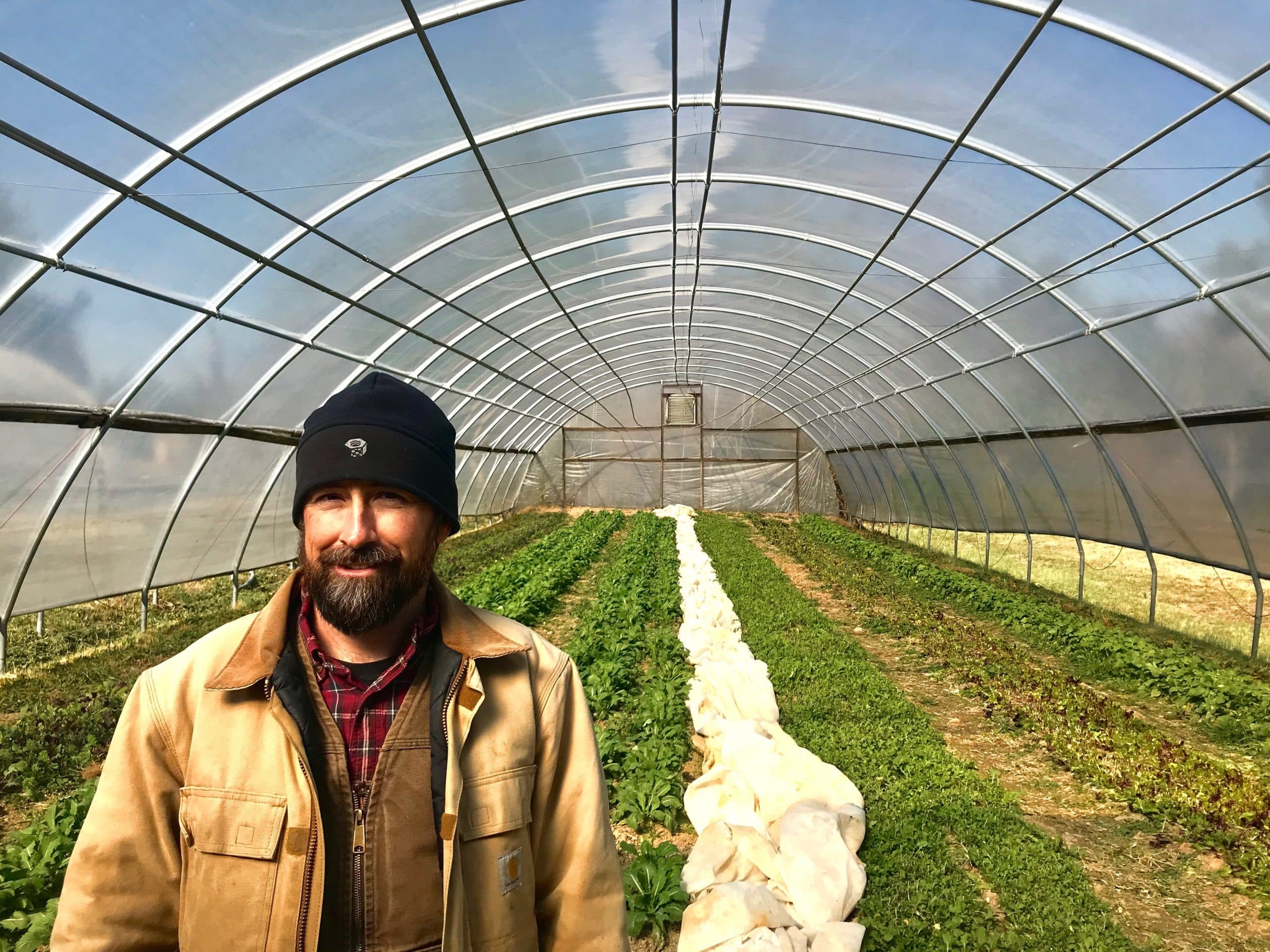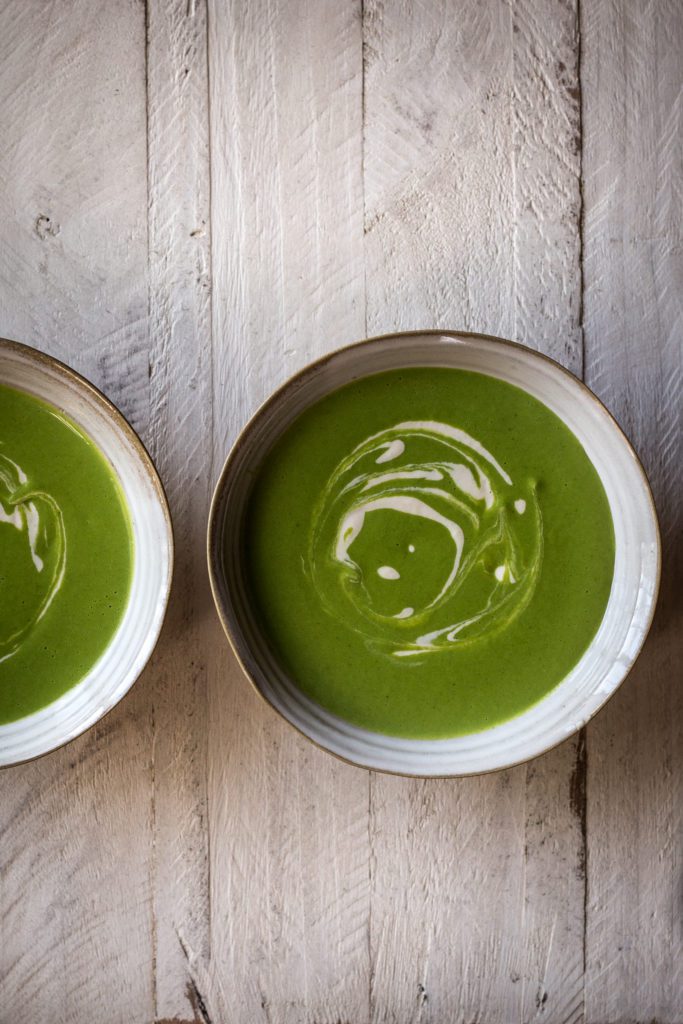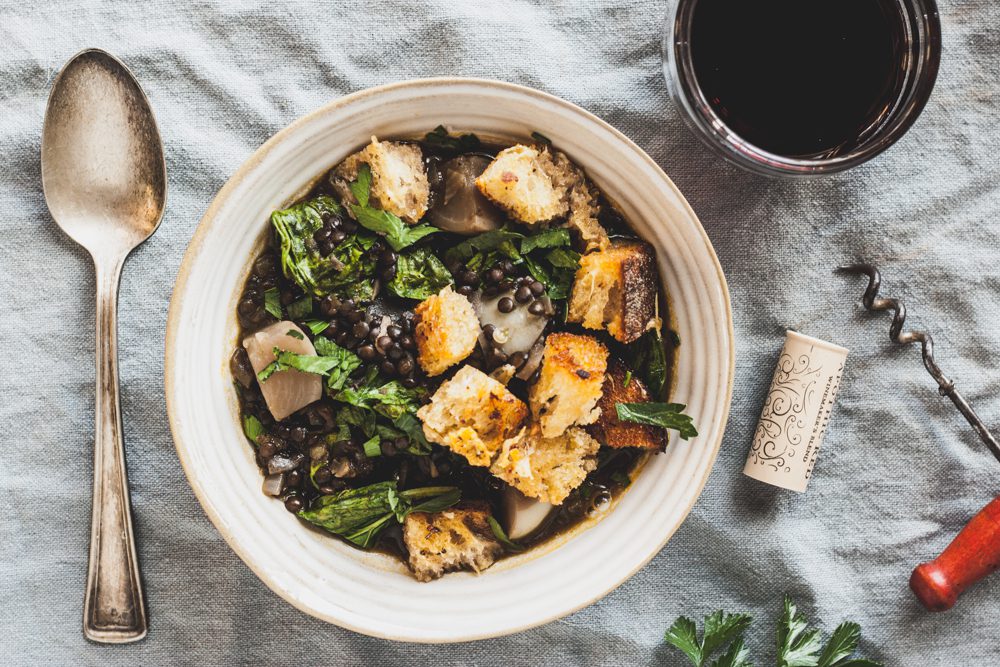Organic is a word that is used to mean MANY things. As with a luxury brand name, we tend to associate the word with higher value. And you better believe that the marketers of the world understand that tendency more than anyone. While organic food is truthfully of better quality than conventionally grown, we owe it to ourselves to dig further into the nuance and to familiarize ourselves with the vocabulary that so often dictates our decisions.
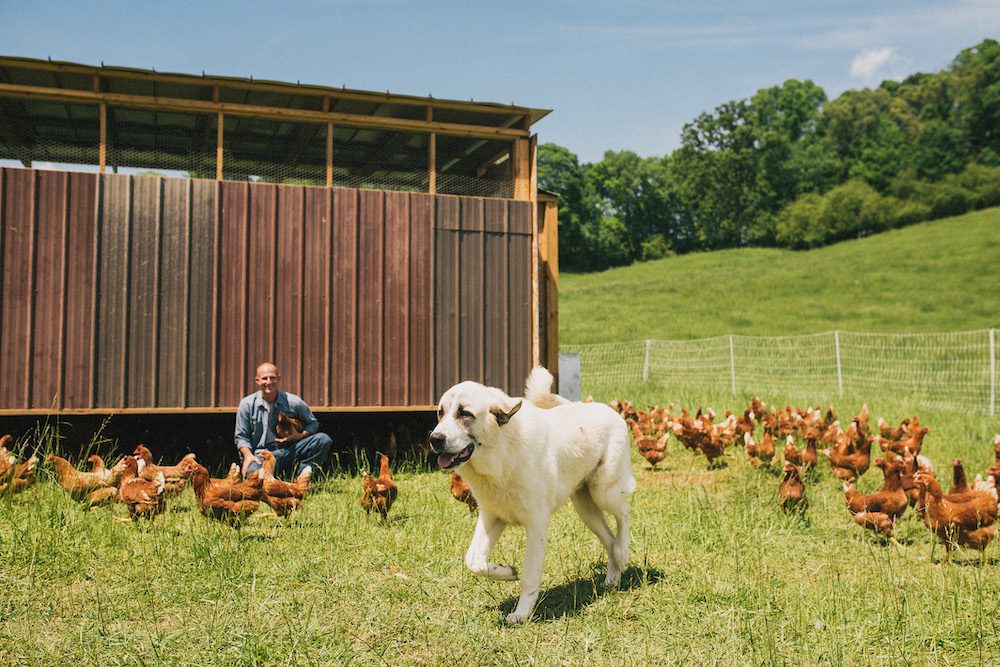
Words matter.
Let’s take chicken laying operations as an example. When you compare eggs on the grocery store shelf, there’s no denying that the adjectives on the cartons are all positive: Grade A, Natural, Cage-Free, Free-Range, Non GMO, JUMBO, Organic. After all, positive wording helps affirm our choice to spend less money. But even the most powerful word on that list might turn out to be misleading. This Chicago Tribune article discusses the appalling revelation that there are large certified organic farms with chickens living in similar conditions to our nation’s worst factory farms. The particular farm in question houses its birds indoors at a rate of 3 chickens per square foot. This is organic factory farming masked by friendly words on a grocery store shelf.

The term organic also implies very little about the treatment of the land. While synthetic chemicals and pesticides are less prevalent in organics, intensive agriculture of any form can take away from the earth more than it gives back. Is the soil becoming enriched over time, or depleted? Does the land have a chance to rest, or is it sucked dry and artificially boosted with amendments in order to cheaply replace natures pattern of slow growth? Are animals allowed to graze and rotate from field to field, or confined to a single toxic space? The opposite of industrial agriculture is not organic. It is regenerative. Regenerative farms take our dollar and double the return. With these sources, we aren’t just buying healthy food, we’re investing in a healthier planet.
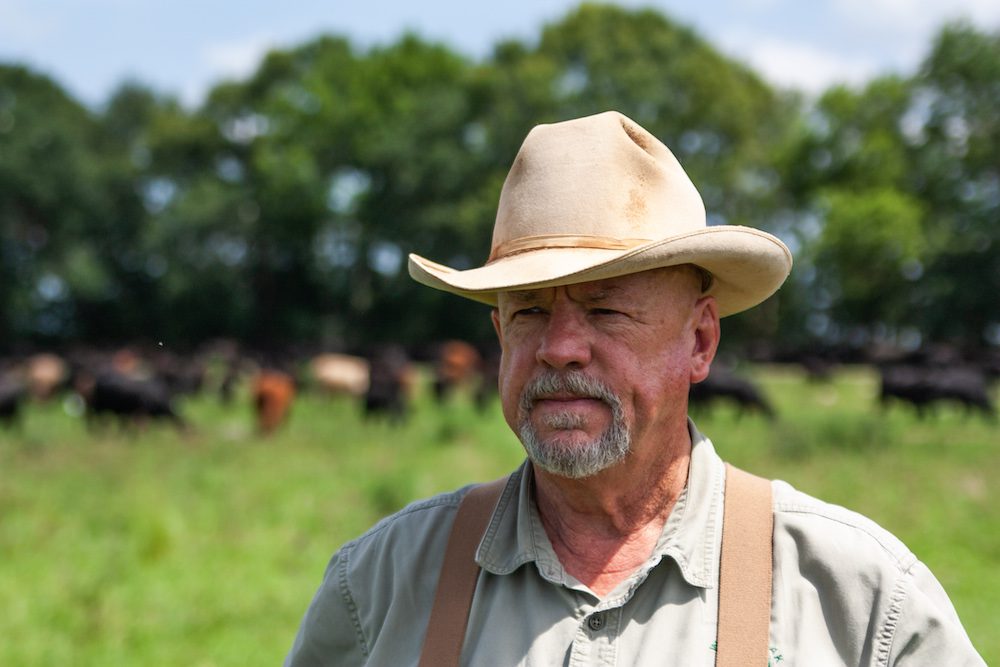
Does organic matter?
Yes. By no means would we attempt to slight the monumental effort and cash outlay it can take for a small farm to go organic. It is an arduous process, and it represents a farmer’s willingness to be transparent. Without a doubt, whether it’s USDA Organic or CNG, organic farming certifications are important for keeping growers accountable to a degree. Yet simply allowing a certification to dictate our comfort with a food choice isn’t enough. We must look past the wording and actually familiarize ourselves with the source, know the people responsible for growing what we put in our bodies. Large scale systems and globalization have made it so that we’ve lost that level of intimacy with our food, which can either be the source of our health or our sickness. An influence of that magnitude should carry some weight.
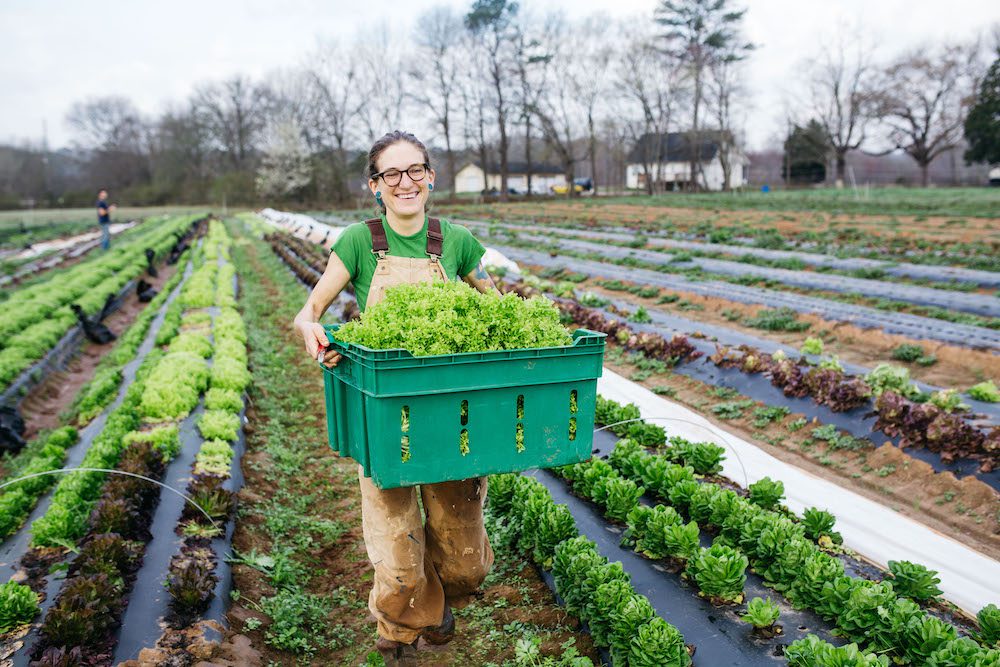
In addition to buying only produce and meats grown using accountable organic practices, Fresh Harvest commits to knowing our source and to making sure that the vast majority of our supply is local. We’re proud to say that over 80% of our produce is sourced from within 67 miles of Atlanta. We visit these farmers on a regular basis and make it our mission to constantly deepen our connection to the men and women who fill your baskets each week. Our gratitude extends to the Fresh Harvest customer who looks beyond the labels and thoughtfully demands regenerative food.
In case you’re wondering, here are some of the things we require when considering adding a new farm partner:
- Organic certification or Certified Naturally Grown certification for our produce farmers
- No use of synthetic/chemical fertilizers, pesticides or herbicides
- No use of hormones, antibiotics or animal confinement feeding
- Animals must spend their lives on pasture, not in confinement
- No GMO’s in plants or in animal feed
- The use of cover-cropping and responsible resting of land from cultivation
- A good reputation in the local farming community
- Transparency and openness to our quarterly farm visits

